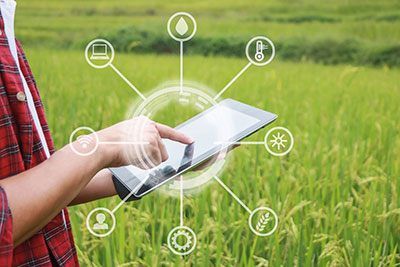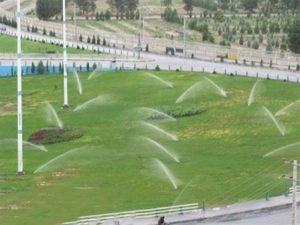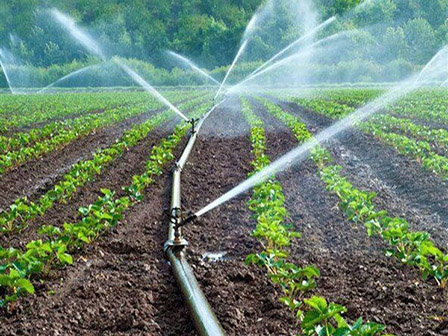
Intelligent irrigation system is one of the methods that can help prevent water loss either on small scales such as home garden or large scales such as football field and agriculture.
Intelligent irrigation is a system that schedules the irrigation of the land according to its requirements and automatically irrigates the land at different times. In spite of the old irrigation controllers that operate according to predetermined schedules and timers, Intelligent irrigation controllers measure the climate, soil conditions, evaporation and water requirements of the plant and automatically adjust the irrigation schedule for the current conditions of the site; for instance: When the temperature rises or the rainfall decreases, intelligent irrigation controllers take into account the factors specific to that place, such as the type of soil, and adjust the number of times and duration of irrigation. You can control, irrigate and fertilize the land and space with your smartphone as you sit at home.
In fact, there are two types of intelligent irrigation system controllers:
The best option depends on your geographic area and its characteristics.
Intelligent irrigation controllers based on soil moisture sensor use good technologies to measure soil moisture content. The sensors accurately measure soil moisture and then pass this information on to the controllers, when buried in the root area of grasses, trees or shrubs.
The humidity sensor itself is classified in two ways:

Meteorological data (ET) use four weather parameters: temperature, wind, sunlight and humidity. This is the most accurate way to calculate the amount of agricultural land needs for water. Generally, we have three types of climate-based controllers (ET):
Common questions about intelligent agriculture:


